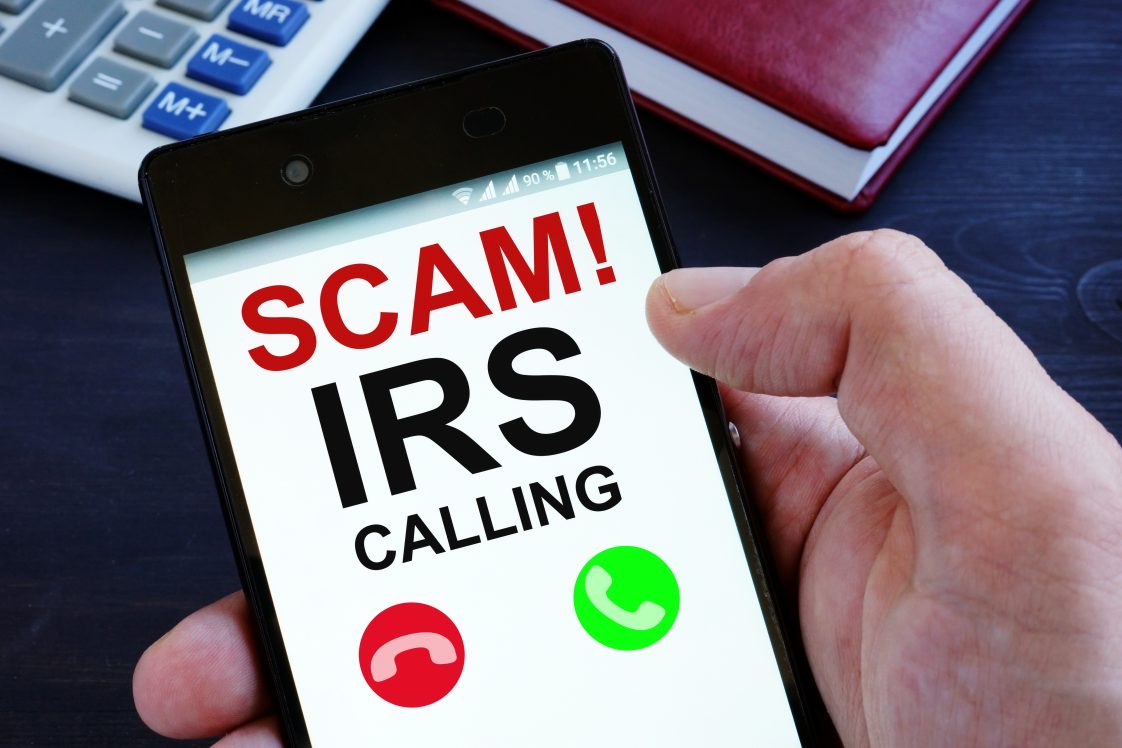Finance & Career

Scammers use mail, telephone calls, and emails to set up taxpayers. Keep in mind that the Internal Revenue Service (IRS) does not initiate contact with taxpayers by email, text message, or social media to request personal information. The IRS initiates most contacts through mail delivered by the United States Postal Service. In some special circumstances, the IRS will call or come to a home or business. Detailed information on IRS calls and visits can be found by visiting https://www.irs.gov/newsroom/how-to-know-its-really-the-irs-calling-or-knocking-on-your-door-audits.
Be Wary of Scams
A general awareness of the many different types of scams can help individuals avoid tax scams.
Phone
If you receive a phone call about a tax filing, be aware that an agency and its authorized private collection agencies will not do the following:
- Leave prerecorded, urgent, or threatening messages on an answering system.
- Threaten to immediately bring in local police or other law enforcement groups to arrest the taxpayer for not paying, deport them, or revoke their licenses.
- Call to demand immediate payment with a prepaid debit card, gift card, or wire transfer.
- Ask for checks to be addressed to third parties.
- Demand payment without giving the taxpayer an opportunity to question or appeal the amount owed.
Be wary of email attachments and web links. Do not open a link or attachment that arrives unexpectedly. Many scammers can imitate legitimate businesses, taxpayer clients, and government agencies—including the IRS. If you have doubt about something you receive, independently contact the sender to confirm receipt and the validity of any unexpected links or attachments before opening.
Ensure that the email comes from your tax professional by visit the Directory of Federal Tax Return Preparers with Credentials and Select Qualifications at https://irs.treasury.gov/rpo/rpo.jsf.
One of the new schemes involves mail coming in a cardboard envelope from a delivery service. The enclosed letter includes the IRS masthead with contact information that does not belong to the IRS and wording that the notice is in relation to your unclaimed refund.
Text Message
The IRS is aware of text message phishing scams that include links to bogus websites intended to mirror the official IRS website. These messages contain the direction, “You are to update your IRS e-file immediately.” These messages are not from the IRS.
Charity-Fraud Awareness
Charity donations are deductible. However, fake charity promoters may use emails, fake websites, or alter/spoof their caller ID to make it look like a real charity is calling to solicit donations. Scammers often pressure people into making an immediate payment. In contrast, legitimate charities are happy to get a donation at any time.
More Information
Taxpayers may find the following IRS links helpful:

